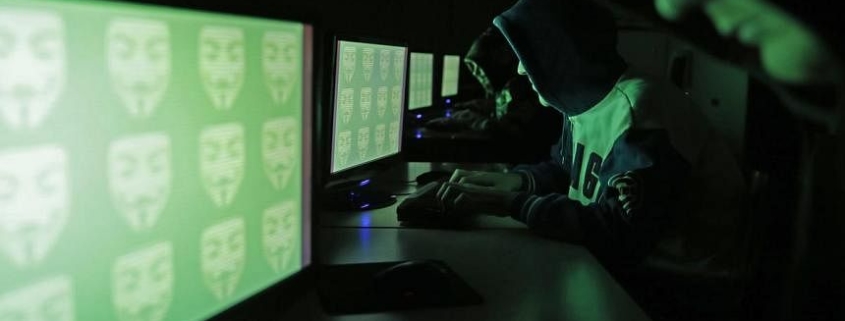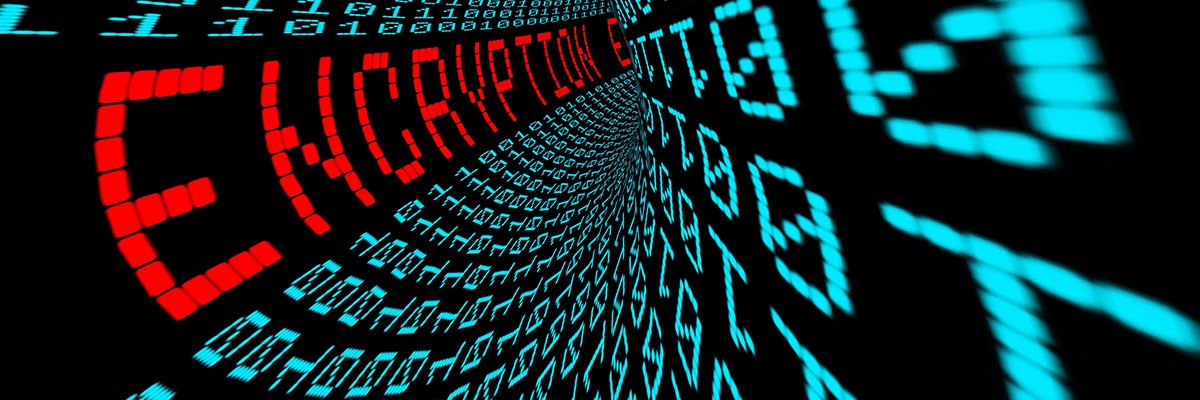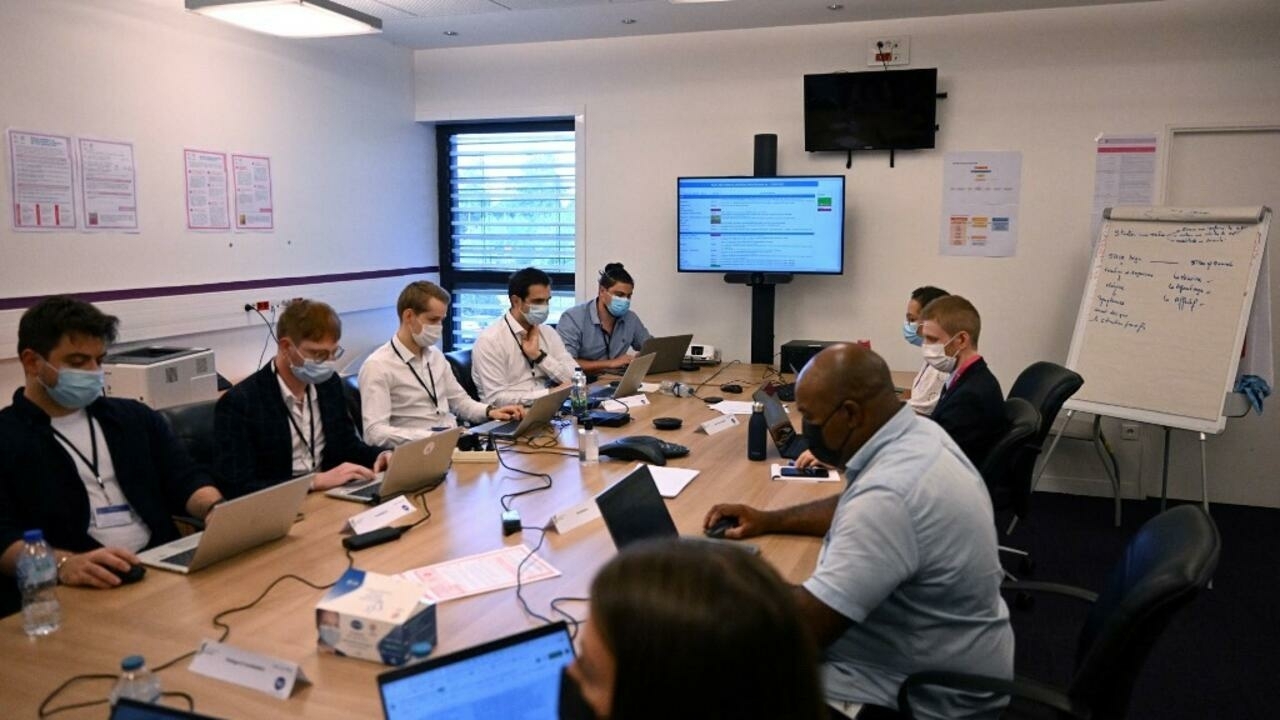French state services hit by ‘intense’ cyber attack
PARIS – Cyber attacks of “unprecedented intensity” have targeted several French government institutions just months before the Paris Olympics but have been contained, the prime minister’s office said on March 11.
The latest cyber attack to hit France follows a warning from Prime Minister Gabriel Attal’s defence adviser just last week that the Olympics games in July and European Parliament elections in June could be “significant targets”.
Mr Attal’s office said several state bodies were targeted, but did not provide details.
“Many ministerial services were targeted” from March 10 “using familiar technical means but of unprecedented intensity”, Mr Attal’s office said.
A security source told AFP that the attacks “are not currently attributable to Russia”, an obvious suspect for many given Paris’ support for Kyiv since the invasion of Ukraine.
Mr Attal’s staff added that a “crisis cell has been activated to deploy countermeasures”, meaning “the impact of these attacks has been reduced for most services and access to state websites restored”.
Specialist services including information security agency ANSSI were “implementing filtering measures until the attacks are over”.
Several hacker groups claimed responsibility for the attacks on messaging app Telegram, including one calling itself Anonymous Sudan, which said it had launched a distributed denial of service (DDoS) attack on French government network infrastructure.
“We have conducted a massive cyber attack… the damage will be widespread,” the group, which posts with an avatar of a hooded Guy Fawkes mask in front of a desert scene with pyramids, said in a Telegram post.
Guy Fawkes is famous for his 1605 plot to blow up Britain’s Parliament, and his image has become a widespread symbol for revolutionary protest.
“A lot of different digital government sectors have been affected, including very important websites, with their respective subdomains,” it said.
Anonymous Sudan is a known outfit that has carried out attacks in the past year against websites in countries, including Sweden, Denmark and Israel.
Purportedly based in Sudan, it says it targets what it deems to be…



